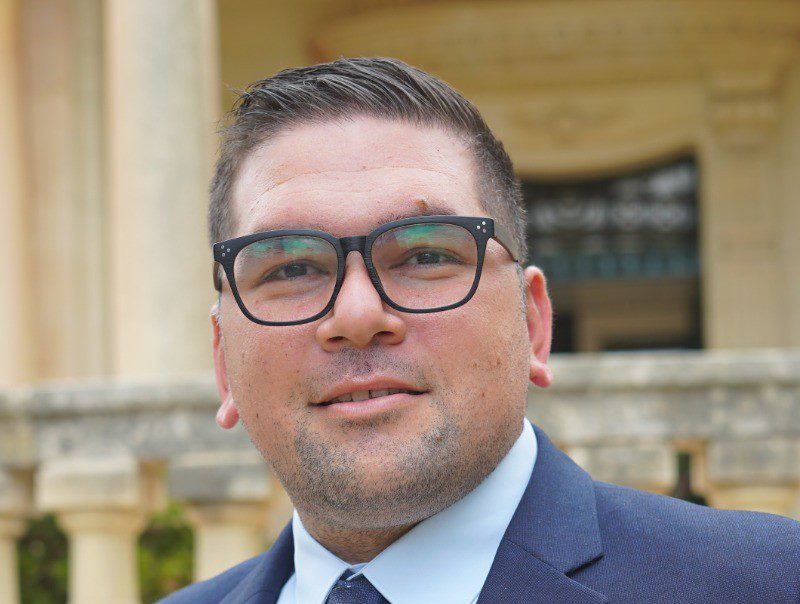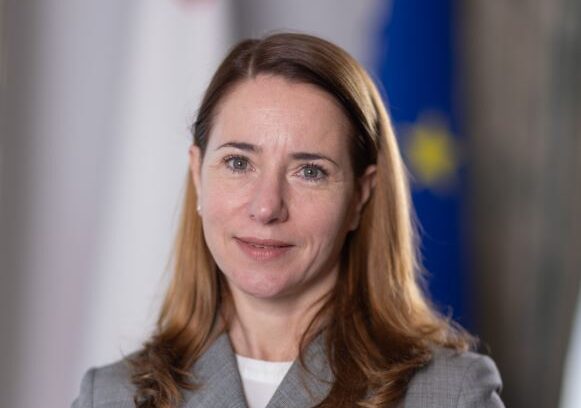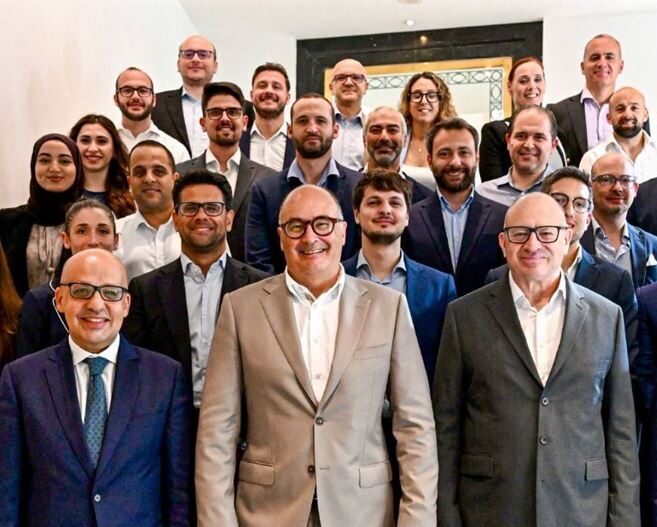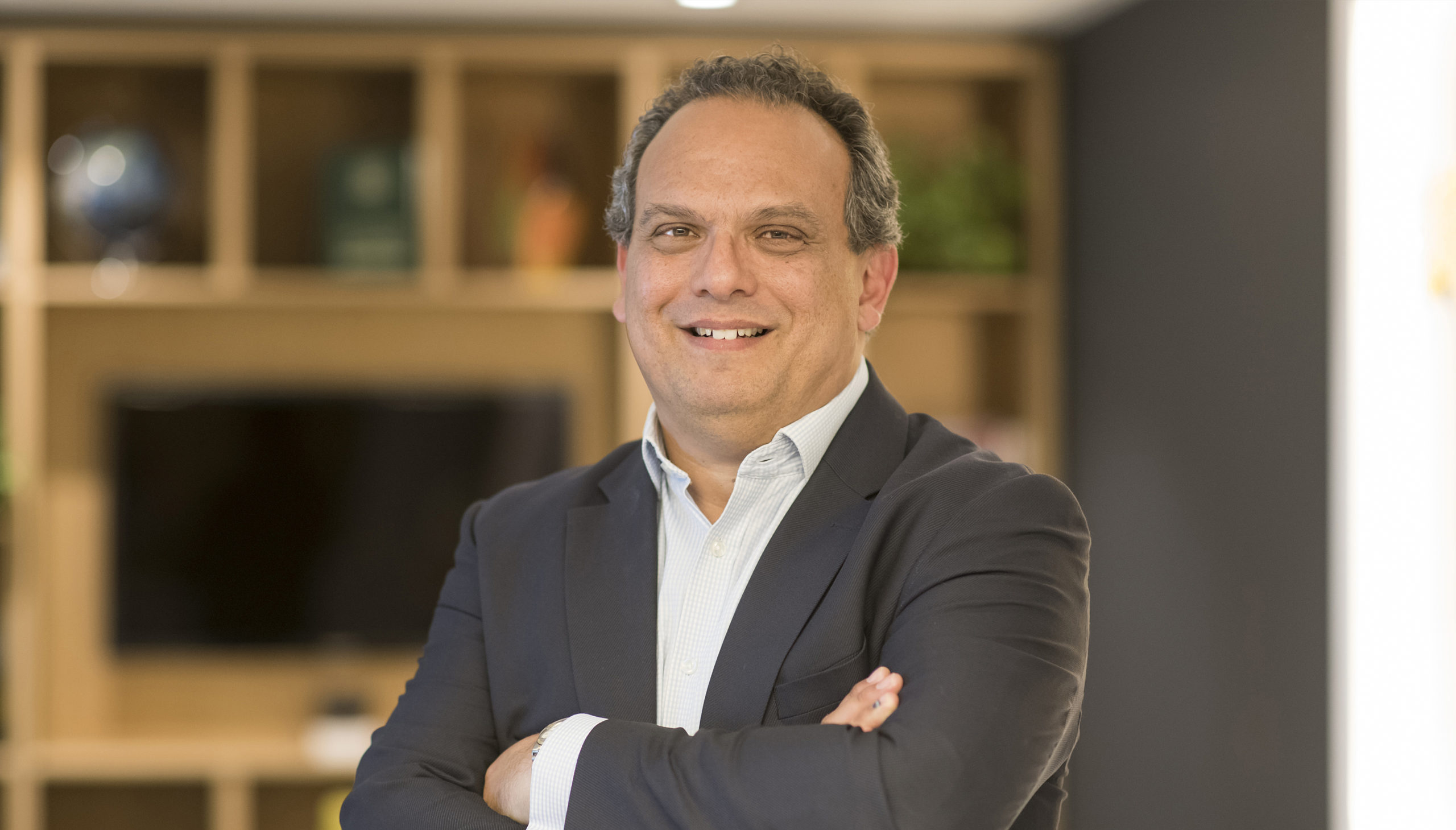On Sunday HR professional Matthew Psaila, reflected on “the hidden threat of ego” in the workplace and how such attitudes can be detrimental to teams by alienating colleagues and blocking creativity, among others.
Reflecting on this sentiment, Mr Psaila highlighted that when people let their egos take over, it affects everyone and everything around them, “creating a chain reaction of negativity.”
“Big egos dominate conversations, dismiss ideas, and kill open communication. This toxic atmosphere makes people feel undervalued, dropping their motivation and crushing productivity and creativity,” he noted.
Mr Psaila remarked that creativity in the workplace needs freedom to thrive. However, he reiterates that when egos create fear and competition, employees hold back, hindering innovation.
He expressed his belief that unlike ordinary team members, ego-driven individuals focus on their own achievements which leads to the disruption of strategic planning.
“Their self-centredness undermines teamwork, trust and respect,” he continued.
He further noted that when things go wrong ego-centric individuals point fingers, creating a culture of fear and subsequently “killing the trial-and-error process vital for creativity.”
Wrapping up his thoughts, Mr Psaila noted that, overall, ego in the workplace hurts the environment, teamwork and success.
To challenge this concern, he highlighted that cultivating humanity, open communication, and collaboration is crucial.
“When employees feel valued and heard, creativity flourishes, driving growth and success,” he concluded.
Alison Micallef appointed CEO at Malta Development Bank
She steps into the new role effective immediately.
Impact beyond profit: CSR in Malta is a must in 2025
Nowadays, corporate social responsibility can no longer take a backseat in your business's vision.
Malta’s private equity sector urged to seize opportunities at high-level CEO seminar
Panellists highlighted Malta’s potential as a destination for private capital, citing its English-speaking workforce, regulatory accessibility, and strategic location.
Ronald Attard takes on expanded role as Managing Partner for Risk Management at EY Europe Central
He has built experience in management accounting, corporate finance, and mergers and acquisitions.









